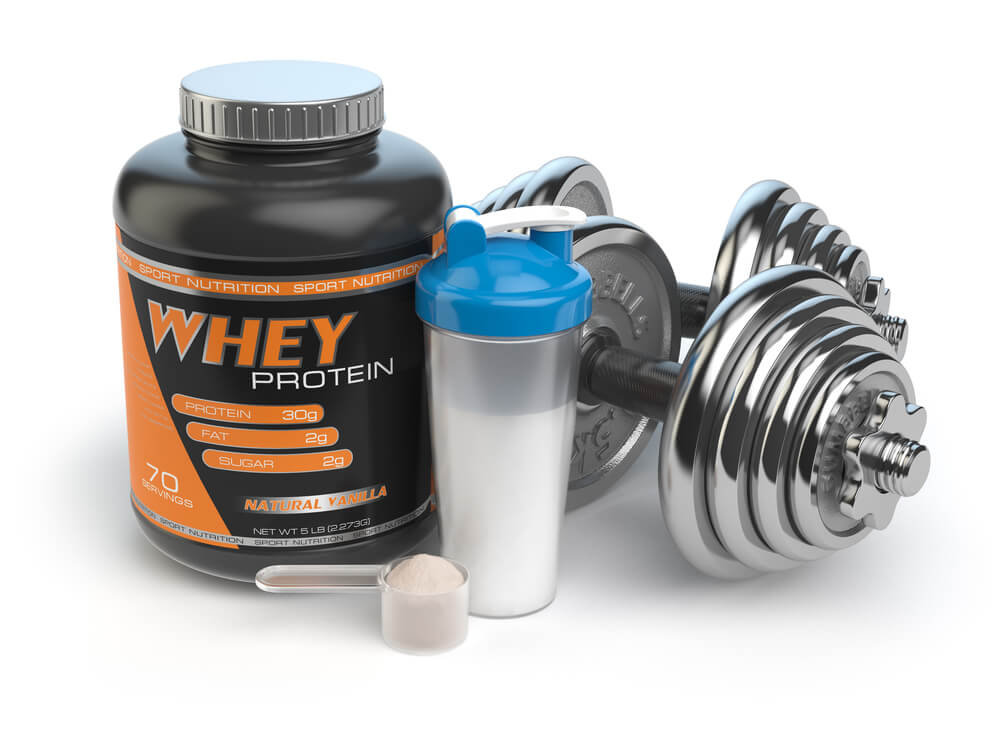
We all know we need to have a balanced diet to get a great body. The most vital part of our diet, however, is protein. But, How Much Protein Do Athletes Need?
Not unlike the other vital macronutrients (carbs and fat), debates surrounding the importance of protein, how much of it to consume, what kind and what source have been raging for decades in the fitness world. Over 10,000 different proteins are present in the human body. Each is comprised of a unique combo of amino acids that join to form tendons, skin, muscles, bone, hair and other bodily tissues.
In addition to being the building blocks of the human anatomy, proteins also assist in enzyme production, as well as nutrient transport. Athletes use protein to repair and rebuild muscle that is naturally broken down during exercise. Unlike fats, the body does not easily store protein.
As a result, it is crucial that active people consume protein on a regular basis.
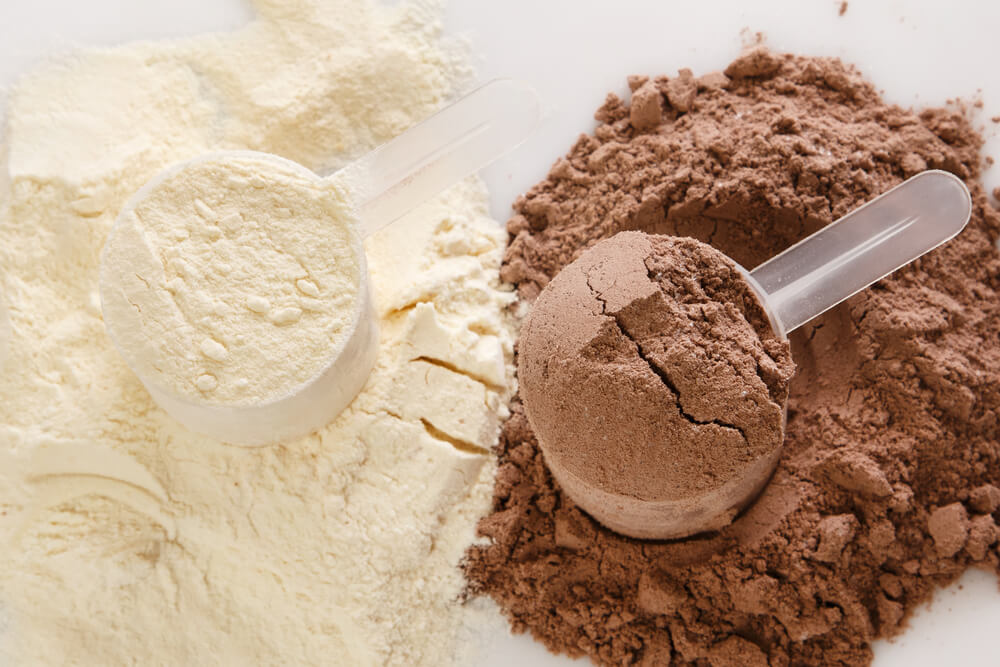
What is a Complete Protein vs Incomplete?
In order to have a basic understanding of how much and what type of protein to consume, it is important to distinguish between complete proteins and incomplete proteins.
Complete proteins contain all eight essential amino acids. They are typically of animal origin, being found in sources such as meat, fish, and eggs. Incomplete proteins are found in plant sources such as veggies, legumes, nuts, and fruits.
They lack one or more essential amino acid.
Vegetarian athletes should learn how to combine incomplete proteins at mealtimes to make complete proteins. Examples of protein pairing include combining whole grains with legumes, with duos such as black beans with rice and peanut butter on multigrain toast.
Protein Intake: This Is When To Eat It And Why
As mentioned, proteins are the building blocks of muscle tissue. Consuming adequate protein amounts will ensure healthy muscle rebuilding for a lean and toned physique. Protein consumption also aids in providing optimal carb storage in the form of glycogen.
This is stored in muscles and helps them retain water.
Protein should not, however, be considered a main fuel for exercise (leave that to energy-rich carbs). Rather it should be considered a nutrient that helps to build muscle and maintain the body’s cells.
And don’t worry protein can taste good you just have to research the best tasting protein powder.
Because protein does such a great job at rebuilding and maintaining muscle mass, it is often recommended that it be consumed post-workout, when your body is in its recovery stage. This is the time when muscles are more susceptible to protein intake. Seize the opportunity to reward yourself after a particularly grueling session with your favorite low-calorie, high protein snack or meal, such as a tuna fish sandwich or oatmeal with peanut butter.
Seize the opportunity to reward yourself after a particularly grueling session with your favorite low-calorie, high protein snack or meal, such as a tuna fish sandwich or oatmeal with peanut butter.
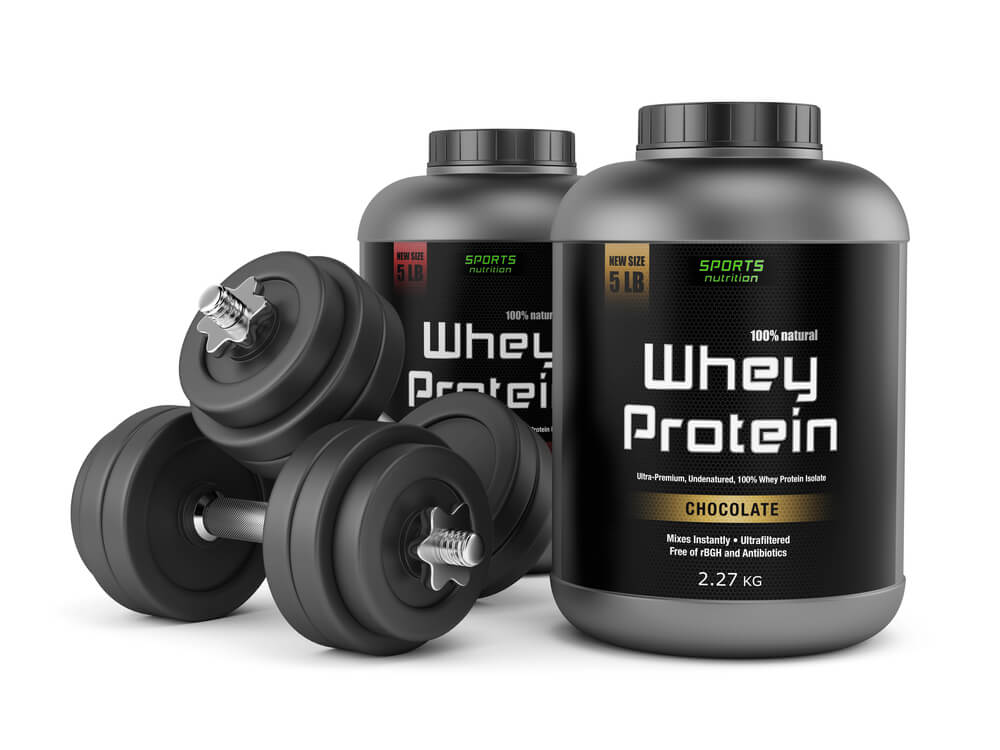
Carbs And Protein: It’s All In The Balance
While everybody’s nutrient requirements differ, it is not recommended to consume such a high intake of protein that you sacrifice your carb intake. Excessive dietary carb elimination can lead to sub-optimal workout performance, thereby defeating the whole purpose of eating more protein.
If your carb intake is low, it does not matter how much protein you consume—you will lose muscle tissue.
Fats also should not be sacrificed for increased protein intake, as each macronutrient is essential for optimal muscle growth. While a few studies have shown that high protein intake is not necessarily detrimental, insufficient carb intake is linked with adversely affected performance. When considering your dietary ratios between carbs, proteins, and fats, keep in mind that all play very significant roles in maintaining muscle mass and that balance is key!
The recommended daily allowance (RDA) for protein is established to maintain nitrogen balance in the body. Classic protein recommendations tend to lean towards the conservative side. Too much protein and your kidneys could go into overdrive, causing significant damage, as well as dehydration and resorption of bone calcium. This being said it is relatively difficult to induce renal failure in response to excessive dietary intake of protein from food sources.
Often the culprit is extreme use of protein supplements.
For this reason, the International Society of Sports Nutrition suggests that high-quality proteins should be consumed. Average adults who are not remarkably active require 0.8 grams of protein per kilogram of body weight per day. Strength-training athletes, on the other hand, should consume 1.4 to 1.8 g/kg per day.
Endurance athletes require a little less, with the recommended intake of protein being 1.2 to 1.4 g/kg per day.
Pacing Yourself: Spreading Out Your Protein Intake Is Vital
As noted, classically trained dieticians veer toward the conservative side when making recommendations on protein consumption when compared to specialists who focus on sports and performance nutrition. Most average people under-consume protein.
Meanwhile, bodybuilders tend to over-consume the macronutrient.
However, studies show that athletes who eat over 2g/kg of protein per day do not show impaired renal function, and, in fact, following a fat-controlled, high-protein diet can reduce the risk of ischemic heart attack. While high protein intake has not been shown to be overly detrimental by certain studies, it is vital to keep in mind that insufficient carb intake, on the other hand, adversely affects athletic performance.
Also, athletes who consume a high protein diet should ensure they are well hydrated. They can do so by drinking half their body weight in pounds in fluid ounces of water per day. For example, if you weigh 200 pounds, you should drink 100 ounces of water per day.
Another factor to keep in mind when planning how to smartly include protein in your diet is how consistently you are consuming it. According to a recent study, muscle protein synthesis (MPS) is a dose-dependent response. So it is, in fact, potentially useful to consider a per meal protein intake in addition to a daily total.
Most people consume 10 to 15% of their daily protein intake at breakfast, 20% at lunch and the remainder at dinner.
Since the body does not store protein that efficiently, it is much more beneficial to spread protein intake out consistently over the course of the day. A study published in the Journal of Nutrition found that muscle protein synthesis is 25% higher when an individual consumes evenly distributed protein across all meals as opposed to a more typical pattern of consumption.
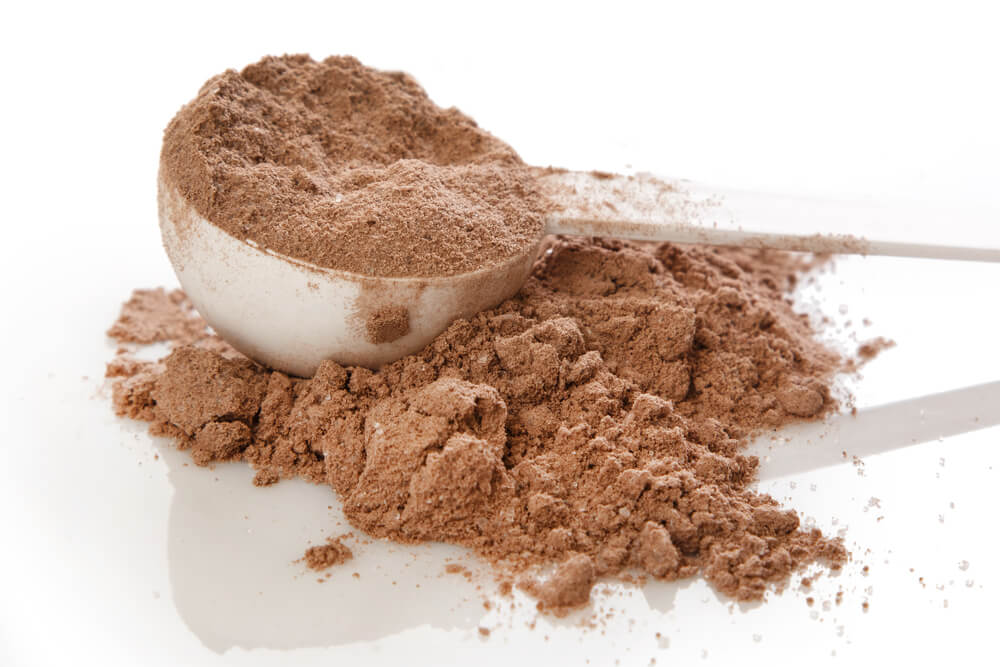
What are the Best Protein Sources?
The best sources of dietary protein for athletes can be found in lean meats, fish, beans and eggs among many other foods. Albacore tuna is prized by athletes for its high-quality protein content and comparatively low caloric value. One can of this tuna packed in water boasts a whopping 41 grams of protein and only 220 calories. Albacore is also a great source of vitamin B12. This is a particularly important vitamin for athletes for its pivotal role in cellular energy production.
Albacore tuna can easily be made into a delicious salad with fresh veggies and enjoyed on whole-grain toast.
Another excellent meat source of protein is boneless, skinless chicken breasts. White meat chicken is one of the leanest animal protein sources. A single chicken breast provides 28 grams of protein and only 2.5 grams of fat. Served simply with steamed or sautéed veggies and a slow-burning carb like sweet potatoes, roasted chicken breast is an optimal protein source for lunch or dinner.
Similar to chicken, roasted turkey breast is also a wonderful source of protein. A three-ounce portion of roasted turkey breast contains 24 grams of high-quality protein and is also a good source of vitamin B6, niacin, and selenium.
Grass-fed beef, while not as lean as tuna or chicken, is considerably healthier than typical grain-fed beef. It is also a great dietary choice for athletes. A six-ounce grass-fed beef loin has 92 fewer calories than a comparable loin from a grain-fed cow, with the same, if not more, protein content.
Healthy Proteins for the Vegetarian Athlete(Not Just Meat Eaters)
For the vegetarian (or any) athlete, eggs are another wonderful protein source that will get you on the path toward lean, ripped muscles. Eggs have always gotten a bad rap because of their high cholesterol content. With that said, it is now widely accepted that egg cholesterol does not raise serum levels in those who consume them regularly.
The protein found in eggs is particularly beneficial for athletes, as the body easily absorbs it. Your system does not have to work as hard to break down the protein in an egg as it does for red meat, for example. The Biological Value Scale (BVS) is designed to measure the quality of a protein, which includes absorbability by the body. Egg protein scores a perfect 100% on this scale, making it an ideal source of the macronutrient. Eggs also have high leucine content.
This is an essential amino acid that is relatively hard to obtain through diet.
Apart from eggs, dairy products, pork, peanuts, beans, lentils, soybeans, beef, poultry, and seafood are all foods that are rich sources of leucine. Of all amino acids, research suggests that leucine-rich proteins are the best source to boost muscle protein synthesis after a particularly grueling workout. Eggs have 10 to 20% more leucine than most other food sources, with only whey protein beating them out as a denser source.
Whey protein isolate is one of the closest foods you can get to a perfect source of protein.
It has the highest biological value of any protein source. It is also rich in the satiating protein fraction glycomacropeptie (GMP). Whey protein supplements can enhance muscle performance, accelerate recovery post-workout and assist with weight loss by curbing hunger. Whey protein isolate is often found in the form of powdered drink mixes, protein waters, sports bars and other sources.
Milk-derived whey protein isolate, as well as casein and egg white and soy protein isolate, are all readily taken up my muscles and provide essential amino acids. They also encourage healthy nitrogen balance. If you choose to supplement protein in your diet after first considering whole food sources, make that addition whey protein isolate for optimal results.
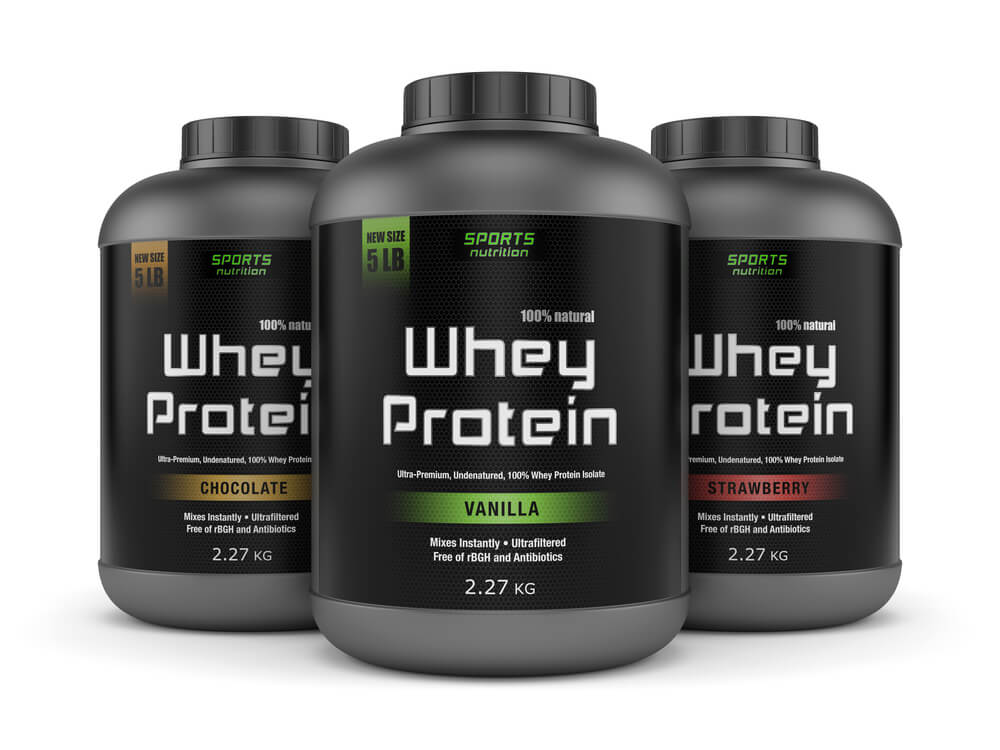
High Protein Diet: Is It For You?
The most important thing to remember when considering starting a high-protein diet is that balance is key when it comes to healthy nutrition. High-protein diets are often touted as the end-all method for bodybuilders, strength trainers and endurance athletes to get into the best shape of their lives. But, it remains true that balancing yourself with a healthy diet will produce far superior results than adhering to any extreme diet.
The most important takeaways for anyone looking to add more protein to their diet is to try and avoid foods high in salt or sugar and to maintain a healthy balance between carbs and protein. Athletes should ideally seek to consume 20% of their daily caloric intake from protein-heavy foods and 55% from healthy carbs.
Conclusion
Are you ready to incorporate healthy protein into your diet?
Start by choosing healthy protein sources such as lean meats, fish, poultry, beans, and eggs. Be sure to also complement them with heart-healthy fats and slow-burning carbs. Remember to keep carbs as your main energy source and to not sacrifice fats or carbs for protein intake.
Keep your protein consumption consistent. Spread your intake out over the day and make sure to consume the majority of your protein post-workout for optimal muscle rebuilding and repair. To supplement a healthy high-protein diet, opt for whey protein isolate as an optimal source of the protein-synthesizing amino acid leucine. Remember, muscle growth only occurs when your diet is optimal and you are exercising regularly. Make sure to eat high-quality protein within two hours of a workout and stick to a healthy workout regimen. If you can do this, you will see results.
By Lillian Dumont
Latest posts by Terry M (see all)
- Garage Gyms - Aug 1, 2018
- Kettlebells – Why They Should Be Added To Your Routine. - Jul 24, 2018
- Weight Belts: What Are They Really For? - May 31, 2018





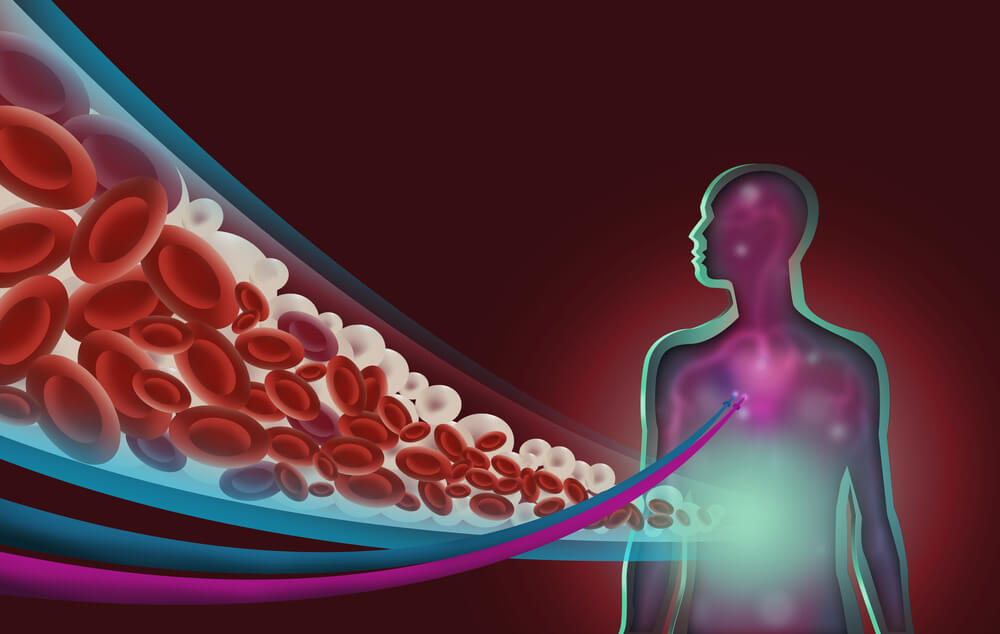





Nutritional meals for BJJ athletes is different than nutrition for other athletes. If you participate in an intense sport like MMA, wrestling or jiu jitsu, you need to be smart enough to make correct choices of muscle building foods, nutritions and supplements.
Hey Evie,
What do you suggest for BJJ Athletes?
Thanks
Terry
[…] study done with endurance athletes looked at the results when they consumed large amounts of vitamin C and vitamin E. They found that […]
[…] is alright, but it will mean you’ll need to increase the amount of protein you consume (which is another reason why some people do need to increase their protein consumption […]
[…] is alright, but it will mean you’ll need to increase the amount of protein you consume (which is another reason why some people do need to increase their protein consumption […]